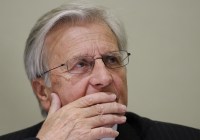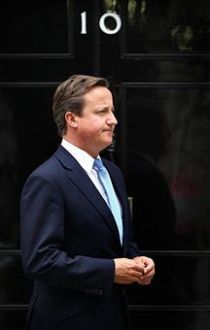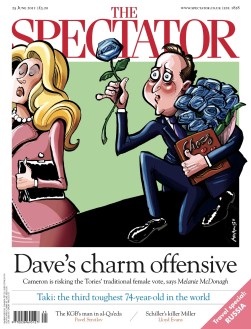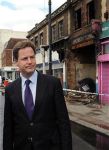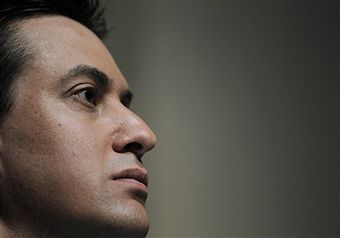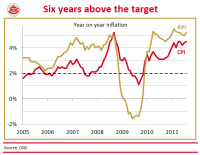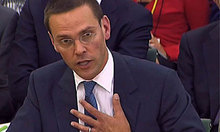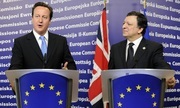From the archives: The doomed euro
It was doomed from the start; that’s the prognosis of those who think that the single currency’s crisis is near terminal, such are its structural and political weaknesses. People warned that it could be thus when the Euro was first launched. Bruce Anderson was among them: Had Mr Blair been braver, he could have been in on this week’s euro euphoria, Bruce Anderson, The Spectator, 9 January 1999 The combined political will of 11 nations – or at least of their political elites – assured an easy birth for the euro. But the euphoria should not deceive us. Most thoughtful politicians and commentators throughout Euroland will acknowledge that the present









